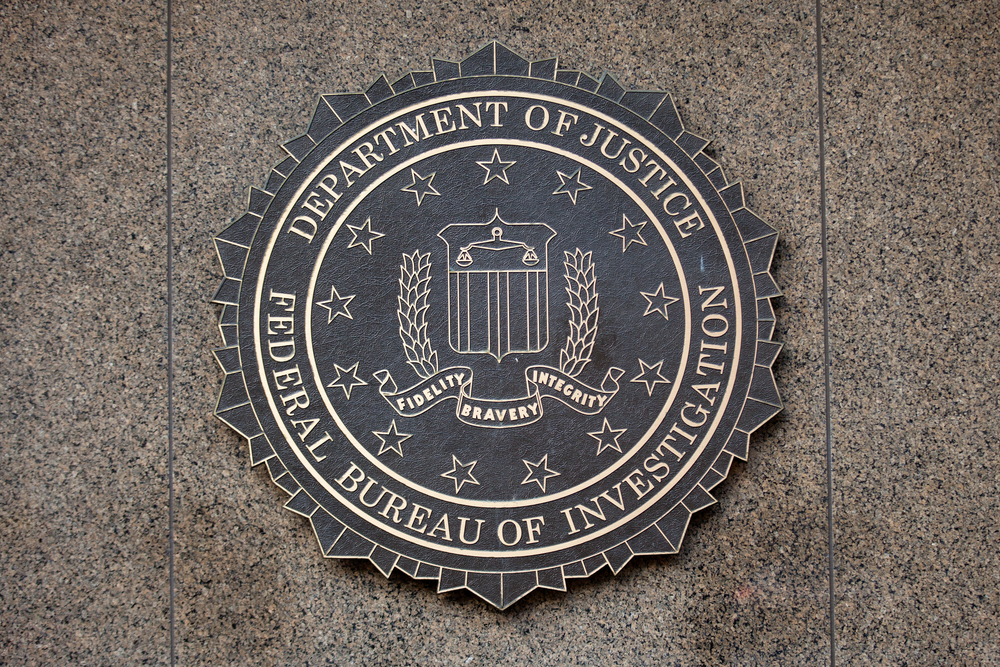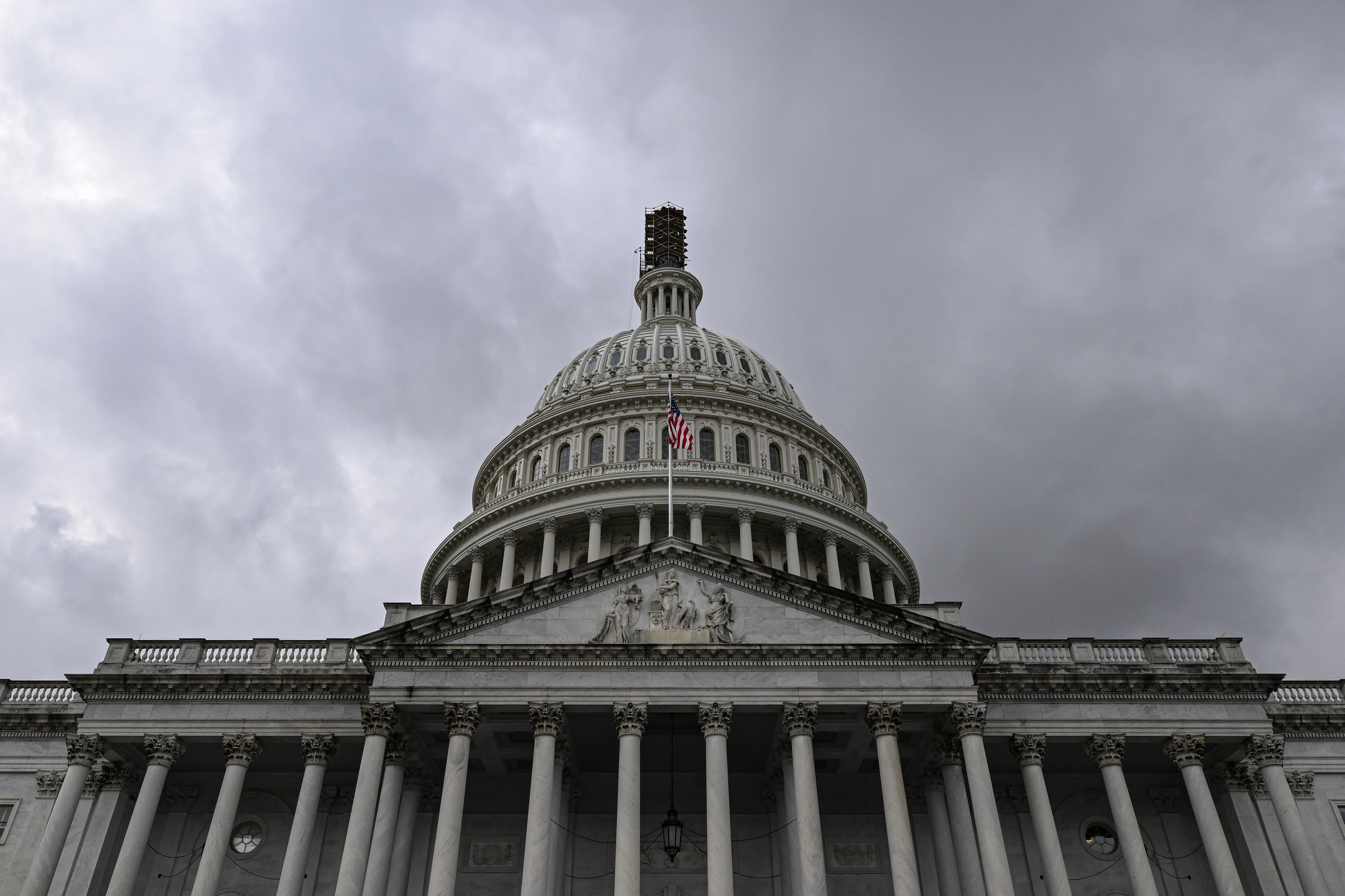FBI shuts down web shells in hacked Exchange servers
Court approves FBI operation to remove web shells from vulnerable Exchange servers


The FBI has used a search warrant to access Exchange servers vulnerable to the ProxyLogon exploit, copy the offending web shells for evidence, and then remove them.
According to the Department of Justice, though many infected system owners successfully removed the web shells from thousands of computers, the Feds moved to close down the shells because “others appeared unable to do so, and hundreds of such web shells persisted unmitigated.”
The FBI said the operation removed one early hacking group’s remaining web shells, which hackers could have used to maintain and escalate continued, unauthorized access to US networks.
The FBI conducted the removal by issuing a command to the server through the web shell that caused the server to delete only the web shell. Because the web shells the FBI removed each had a unique file path and name, they may have been more challenging for individual server owners to detect and eliminate than other web shells, according to the FBI.
Assistant Attorney General John Demers of the Justice Department’s National Security Division said the the malicious web shells’ court-authorized removal “demonstrates the Department’s commitment to disrupt hacking activity using all of our legal tools, not just prosecution”.
“There’s no doubt that more work remains to be done but let there also be no doubt that the Department is committed to playing its integral and necessary role in such efforts,” Demers added.
Ilia Kolochenko CEO, founder, and chief architect at ImmuniWeb, told ITPro this was a wise move given exposed web shells indicate server owners are unaware of the server or grossly negligent by having unpatched and compromised system exposed to the internet.
Get the ITPro daily newsletter
Sign up today and you will receive a free copy of our Future Focus 2025 report - the leading guidance on AI, cybersecurity and other IT challenges as per 700+ senior executives
“Hacked servers are actively used in sophisticated attacks against other systems, amplify phishing campaigns and hinder investigation of other intrusions by using the breached servers as chained proxies,” Kolochenko said.
“Thus, arguably, such preventive removal may be considered a legitimate self-defense in cyberspace. In any case, neither hackers nor server owners will probably complain or file a lawsuit for unwarranted intrusion. What is interesting, is whether the FBI later transfers the list of sanitized servers to FTC or state attorney generals for investigation of bad data protection practices in violation of state and federal laws.”
In related news, the Cybersecurity and Infrastructure Security Agency (CISA) has ordered agencies to apply new security patches for vulnerable exchange servers. The updates mitigate significant vulnerabilities that affect on-premises Exchange Servers 2013, 2016, and 2019.
According to CISA, hackers could use these vulnerabilities to access and maintain persistence on the target host. It added the flaws are different from the ones disclosed and fixed in March 2021.
“CISA has determined that these vulnerabilities pose an unacceptable risk to the Federal enterprise and require an immediate and emergency action. This determination is based on the likelihood of the vulnerabilities being weaponized, combined with the widespread use of the affected software across the Executive Branch and high potential for a compromise of integrity and confidentiality of agency information,” a statement read.
Rene Millman is a freelance writer and broadcaster who covers cybersecurity, AI, IoT, and the cloud. He also works as a contributing analyst at GigaOm and has previously worked as an analyst for Gartner covering the infrastructure market. He has made numerous television appearances to give his views and expertise on technology trends and companies that affect and shape our lives. You can follow Rene Millman on Twitter.
-
 Asus ZenScreen Fold OLED MQ17QH review
Asus ZenScreen Fold OLED MQ17QH reviewReviews A stunning foldable 17.3in OLED display – but it's too expensive to be anything more than a thrilling tech demo
By Sasha Muller
-
 How the UK MoJ achieved secure networks for prisons and offices with Palo Alto Networks
How the UK MoJ achieved secure networks for prisons and offices with Palo Alto NetworksCase study Adopting zero trust is a necessity when your own users are trying to launch cyber attacks
By Rory Bathgate
-
 UK cyber experts on red alert after Salt Typhoon attacks on US telcos
UK cyber experts on red alert after Salt Typhoon attacks on US telcosAnalysis The UK could be next in a spate of state-sponsored attacks on telecoms infrastructure
By Solomon Klappholz
-
 Healthcare data breaches are out of control – here's how the US plans to beef up security standards
Healthcare data breaches are out of control – here's how the US plans to beef up security standardsNews Changes to HIPAA security rules will require organizations to implement MFA, network segmentation, and more
By Solomon Klappholz
-
 The US could be set to ban TP-Link routers
The US could be set to ban TP-Link routersNews US authorities could be lining up the largest equipment proscription since the 2019 ban on Huawei networking infrastructure
By Solomon Klappholz
-
 Three ways to evolve your security operations
Three ways to evolve your security operationsWhitepaper Why current approaches aren’t working
By ITPro
-
 Beat cyber criminals at their own game
Beat cyber criminals at their own gameWhitepaper A guide to winning the vulnerability race and protection your organization
By ITPro
-
 Quantifying the public vulnerability market: 2022 edition
Quantifying the public vulnerability market: 2022 editionWhitepaper An analysis of vulnerability disclosures, impact severity, and product analysis
By ITPro
-
 Same cyberthreat, different story
Same cyberthreat, different storyWhitepaper How security, risk, and technology asset management teams collaborate to easily manage vulnerabilities
By ITPro
-
 US government IT contractor could face death penalty over espionage charges
US government IT contractor could face death penalty over espionage chargesNews The IT pro faces two espionage charges, each of which could lead to a death sentence or life imprisonment, prosecutors said
By Ross Kelly